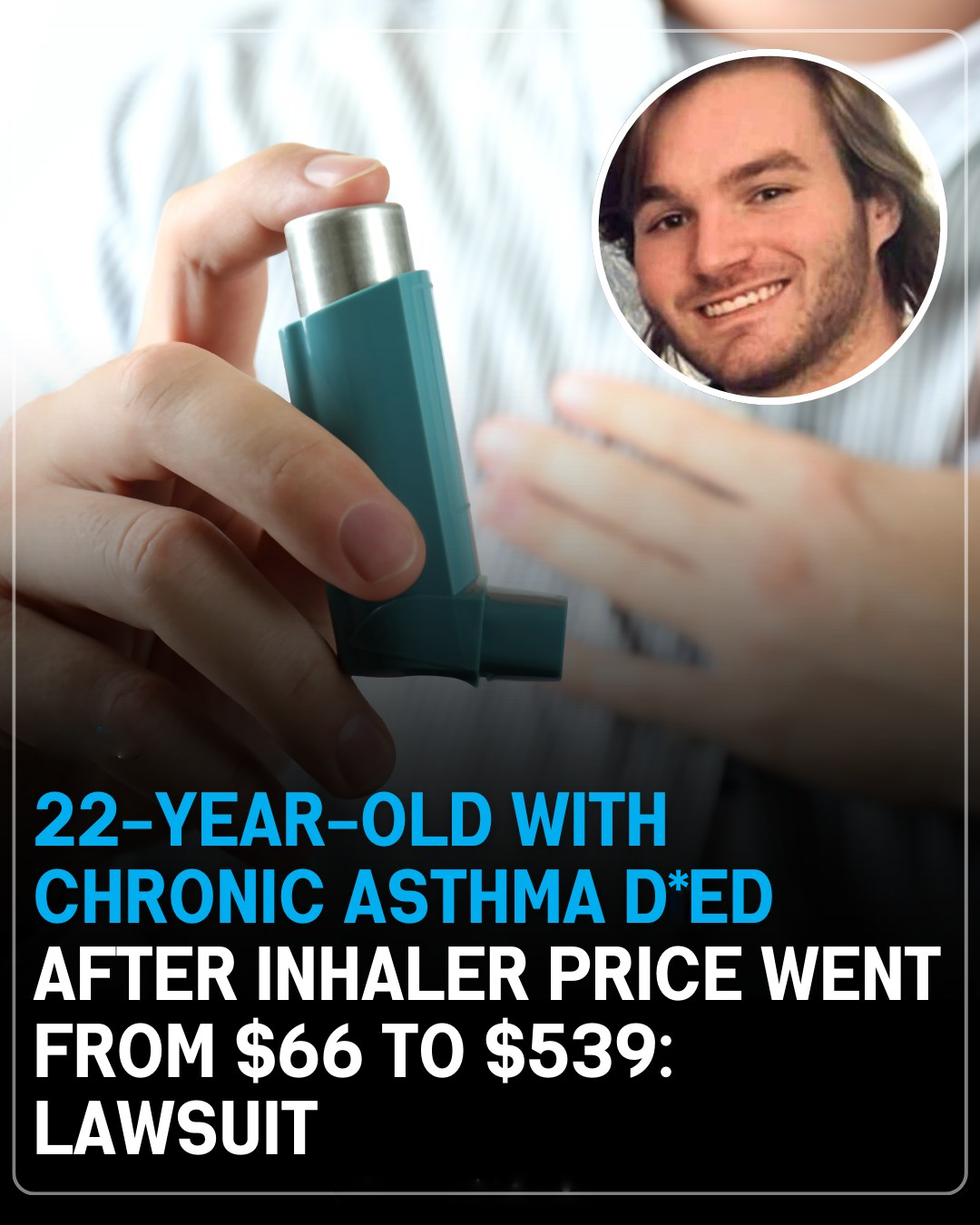
In early 2024, a devastating incident in Wisconsin placed the issue of rising drug costs at the center of national discussion, revealing the complex intersection of corporate policies, healthcare regulations, and their human consequences.
A Life-Saving Medication Becomes Unaffordable
On January 10, 2024, 22-year-old Cole Schmidtknecht, who had long managed his asthma with an affordable inhaler, was shocked to find its price had surged to $539.19 from the usual $66.86. His pharmacist informed him that his insurance no longer covered the medication, leaving him with no alternative. Unable to afford the new price, Cole left without his inhaler.
Days later, on January 15, Cole suffered a severe asthma attack. His roommate rushed him to the emergency room, but Cole became unresponsive and his heart stopped before arriving before arriving. Despite doctors’ efforts, he never regained consciousness. After six days on life support, his parents made the heartbreaking decision to let him go. He was pronounced dead on January 21.
In January, Cole William Schmidtknecht went to the pharmacy to refill his asthma medication, which he had taken for years. At the pharmacy, Cole found out that the Pharmacy Benefit Manager had increased the price of Cole’s steroid prescription from around $35 dollars to over $500… pic.twitter.com/4nLQClu6dM
— Rep. Jake Auchincloss 🟧 (@RepAuchincloss) December 6, 2024
The Legal Battle and Industry Practices
Cole’s parents have since filed a lawsuit, alleging that both the pharmacy and the pharmacy benefit manager (PBM) failed to notify him of the coverage change. The case highlights a troubling industry practice known as “non-medical switching,” where PBMs push patients toward more expensive medications based on financial agreements rather than medical necessity.
OptumRx, the PBM involved in this case, reportedly reclassified Cole’s inhaler in favor of pricier alternatives that provided greater rebates. This case underscores the broader issue of PBMs’ role in driving up drug costs and the lack of transparency surrounding insurance and medication pricing.
Despite laws requiring notification of drug coverage changes, Cole and his family received no warning. “Their son was not notified by his insurance or Walgreens ahead of time that his inhaler would no longer be covered, despite state laws that required notification,” the lawsuit states.
Calls for Reform
Cole’s tragic death has intensified calls for legislative change. Representative Jake Auchincloss, speaking at a congressional hearing, honored Cole’s memory while pushing for the “Pharmacists Fight Back Act.” The proposed legislation aims to curb PBM price-gouging practices and prevent patients from being caught off guard by sudden price hikes.
“It’s time to end these price-gouging practices by pharmacy benefit managers that, as we have seen all too tragically, can have fatal consequences,” Auchincloss declared.
A Call to Action
Cole’s story is a stark reminder of the real-life impact of pharmaceutical pricing policies. His death has ignited a movement demanding greater transparency, accountability, and patient-centered reforms in healthcare. Advocates hope that his case will lead to systemic changes that ensure no other family faces a similar, preventable tragedy.
